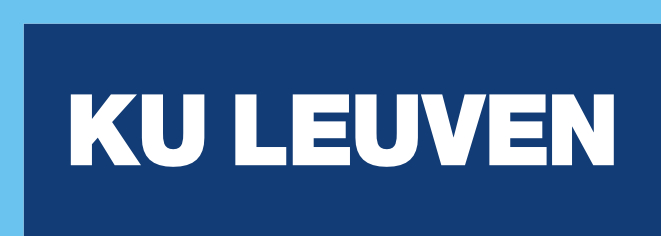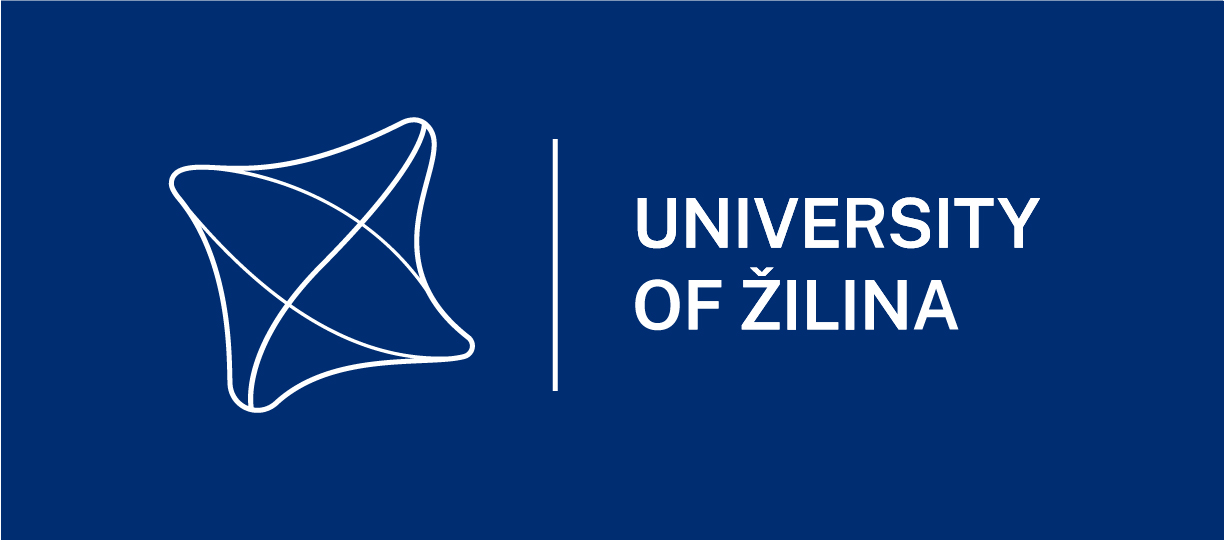Keynotes
Food Process Simulation: Which way to go and how to grow?
Abstract
Mechanistic, data-driven or hybrid models? We have at least one mechanistic modeling framework that works well for many food processes. But to build this model it often takes very special talent and generally expensive software. A solution could be to use data-driven models instead. But is it? How about the human expertise? Is it any easier today to find someone trained acceptably than, say, ten years ago? Yet the industry needs for models are increasing as digital twins and system-level model use increase. Research needs also increase as we look at more complex systems. With no dedicated degree or training programs, the growth or even sustenance of this modeling community is a challenge. Can crowdsourced resource building help leapfrog into capacity development? Examples of community resources developed and freely available in four areas will be shared—1) a web-based, active learning-enabled food physics and modeling course; 2) a food physical properties database with significant predictive capabilities; and 3) a repository of user-friendly simulation modules to jumpstart a modeling project, for industry and classroom use. We hope to have an open discussion of the best approaches to meet the community's needs for such resources.
Curriculum Vitae
Ashim Datta is a professor in the Department of Biological and Environmental Engineering at Cornell University, USA. He is interested in the physics of food processes; in particular, physics-based models of food process, quality and safety. His research group has been developing a comprehensive framework for this physics and its modeling. His current projects are focused on building crowdsourced resources for food process simulation that includes a properties knowledge base, software and approaches for faster simulation, and a modular web-based food physics and modeling course for everyone. Datta's significant teaching interest centers around developing problem-solving abilities, active-learning, and using simulation in learning enhancement. He is a Fellow of ASABE and IFT and has received a Lifetime Achievement Award from the IAEF.

Cornell University
Ithaca, New York
USA
Synthetic Biology. Challenges from the Control Engineering Perspective
Abstract
to be added
Curriculum Vitae
to be added

UPV
Valencia, Spain
Invited Talk
A Colored Indicator based on Object Fuzzy Vector Spaces to advise Customers on Healthy Food
Abstract
Evaluation scores for marketed foods are often controversial because they are very important issues for industrial producers, suppliers, distributors and consumer customers. The impact of food on the health of consumers is well established in a context where health costs are exploding as well as food spending. This work proposes a colored indicator that informs at a glance, without censoring, avoiding the «nudge» effect, on the main risks and nutritional benefits of a product according to its components represented on several axes using a fuzzy vector space object model (FVSOM). The perspectives of this work require the cooperation of multidisciplinary laboratories in order to improve the scientific relevance of the indicator.
Short Biography
Joël Colloc earned his M.D. at the medical faculty of Lyon and a specialty degree of forensic medicine with a degree of clinical toxicology. He received a MSc. degree of IT from the Business School of Lyon (IAE) and a MSc. degree of computer sciences from the engineering school INSA of Lyon. He served as forensic physician at the Edouard Herriot Hospital in the neurological emergency department to cure drug addicted people, medical ethics and developed drug and addiction database. He went on to earn his Ph.D. in computer sciences at the INSA of Lyon.
As Hospital assistant at the laboratory of medical computer science and he taught IT at the medical faculty. He was elected as associate professor in computer sciences at IAE of Lyon and he earned his accreditation to supervise researches in sciences at the Lyon 1 University. He is a Le Havre Normandy University professor in computer sciences since 2003.
His main research topics concern e-health and particularly: fuzzy vectorial spaces (FVS), multi-agent clinical decision support systems (MADSS) and knowledge bases, Case Based Reasoning, ontologies, nervous system modeling and cognitive sciences and AI applications in medicine and human sciences.
His human sciences researches try to conciliate the ethics of using Big Data in epidemiological studies, autonomous systems and robots and keeping ethics use of AI in order to improve clinical decision in medicine while preserving the patient-caregiver relationship, the privacy and the freewill choice of the patients.

Université of Le Havre
Le Havre,France






